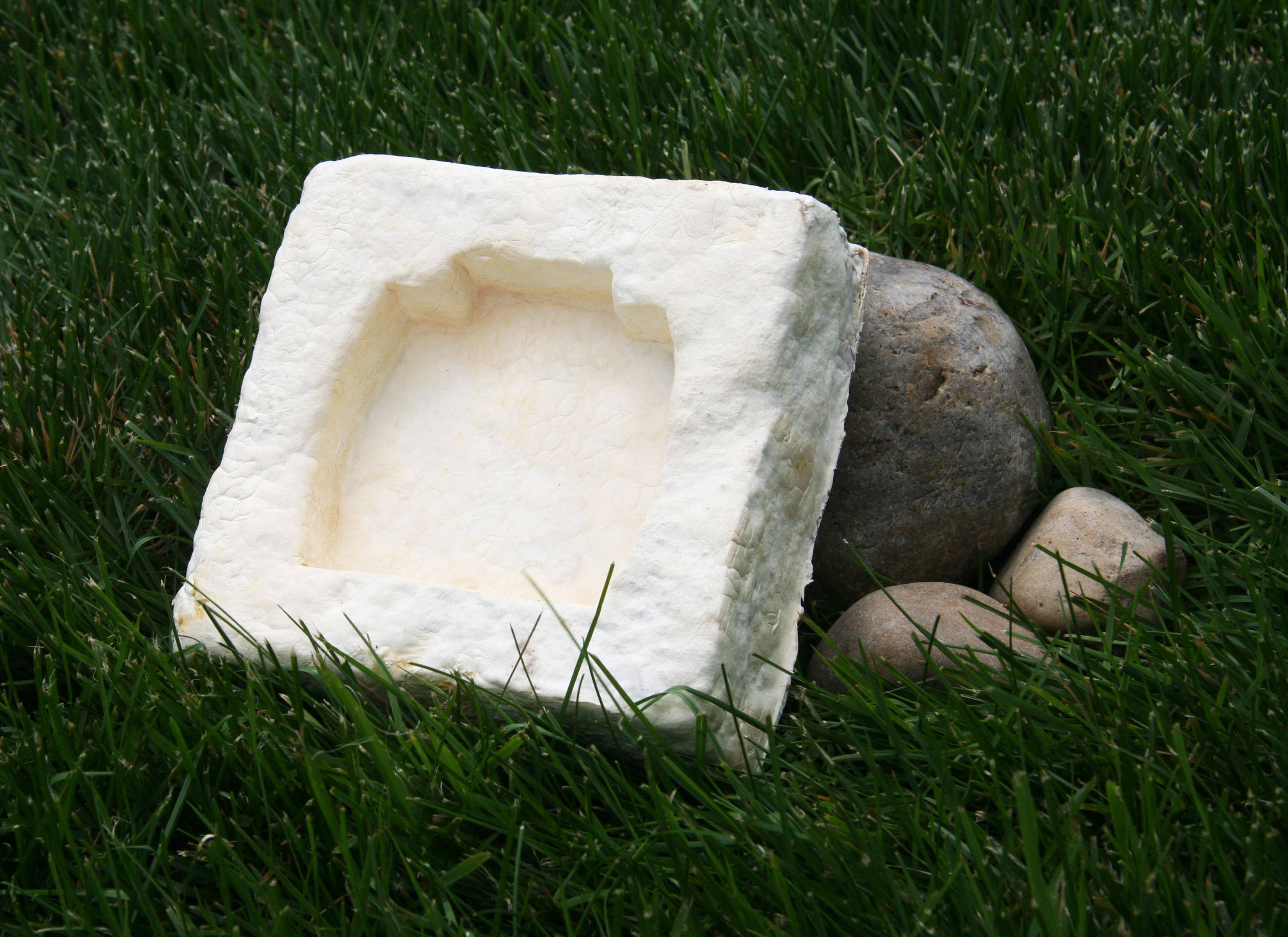Science News
Plastics

Over the past month, we’ve been following plastic stories—news about the latest technology to create plastics in a greener, cleaner way.
Plastic from Plants
An article in Popular Science earlier this month introduced a new sort of bioplastic. Plastic made from plants is becoming more common, but currently it is made in a process similar to ethanol—using corn starch and sugar cane byproducts. According to an article in Scientific American,
Bio-based plastics have only replaced roughly 1 percent of the hundreds of billions–kilogram global plastics market… although that percentage may grow in coming years.
And just like the arguments surrounding ethanol, it is possible that this type of bioplastic isn’t the best solution. (Read more about this in the above Scientific American article.)
So enter a newly genetically engineered plant that can provide the building blocks to plastics, without taking away from a food source. Using Arabidopsis, a common lab plant and relative of cabbage, scientists began by inserting genes. From Popular Science:
Ultimately, the researchers had to engineer an entirely new metabolic pathway, creating artificial enzymes and interfering with gene expression to come up with an Arabidopsis plant whose seeds contain high levels of omega-7 fatty acids.
A seed oil from those seeds could be just the ticket as a renewable source of chemicals for plastics.
Plastic from Fungi
Meanwhile, last month, Ted Talks released a video with Eben Bayer, talking about creating plastics from mushrooms. His product, MycoBond, is brilliant! It’s a new material, like plastic Styrofoam, made from plant waste that can be made anywhere in the world.
Here’s how it works. Using a local plant waste—seed husks, woody biomass (the company can provide information on what’s available to use, given your location)—the fungi consume the waste in a contained mold, basically becoming the shape you need. And the whole process, in their plant, takes only 15 minutes.
It’s already used as a packaging material and is also completely compostable!
Plastic from Bacteria
Much like the mushrooms above, what do you get when you mix plant waste and specially trained bacteria? Plastics! Dutch scientists are working on genetically modifying bacteria to convert all the main sugars in vegetable, fruit and garden waste efficiently into high-quality bioplastics. You can read more here.
Plastic from bacteria isn’t a new idea. But it can be expensive. So researchers are discovering newer and cheaper ways to get it, like plant waste. Here are the basics of bacteria to plastics, according to a press release from the Idaho National Laboratory (INL),
Given an abundance of sugars, alcohols or other simple carbon sources, the bacteria will ferment the molecules for energy and string together the leftovers into long chains, or polymers, that they can stash for use in leaner times. Many of these polymers are actually types of plastic…
Scientists from INL, working with others from Washington State and UC Davis are working together to create a premium wood-plastic composite lumber from bacteria eating wastewater—from sewers or industrial waste. From the press release:
Once the bacteria packed on enough plastic pounds to nearly double their weight, the researchers killed the bacteria, dried the whole mess, and sent it to Washington State University to be mixed with sawdust and molded into composite boards.
Very cool!
Plastic from Plastic
Finally, yesterday, The Oakland Tribune had a profile on a local scientist who has come up with a smarter way to get plastic from recycled plastic. It all started in 1992 in Mike Biddle’s garage. He “developed a process to separate and recycle plastics from complex mixtures.” The technology is not described in the article but he has turned this into big business and recently won the 2010 Economist's Innovation Award for Energy and the Environment. According to the Tribune:
The Economist's judges said Biddle won this year's award because MBA's recycled plastic pellets, used as raw material by plastics manufacturers, use 10 to 20 percent less energy than is used to make "virgin" plastic. MBA's sorting technology was also touted for helping recycle more material, which means less goes to landfills.
Sounds like the advice for Ben’s future in The Graduate could still be applied today—“One word: Plastics.”
Image: The EcoCradle from Mycobond